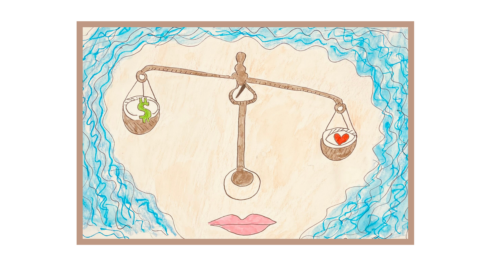
Demanda por el reconocimiento del cuidado como Derecho Humano
La sociedad civil se pronuncia sobre la petición del gobierno argentino a la Corte Interamericana de Derechos Humanos, que escuchará los argumentos del caso esta semana en el tribunal de San José, Costa Rica.
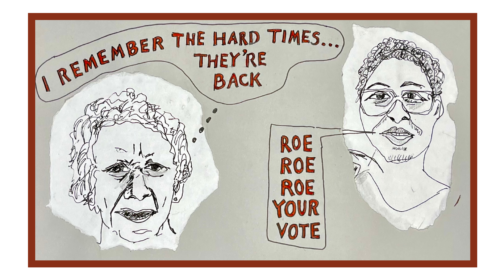
Resisting Gilead
The New-York Historical Society hosts an all-star lineup to discuss histories and possible futures of care.

Demanding Care as a Human Right
Civil society weighs in on the Argentine government’s petition to the Inter-American Court of Human Rights, which will hear arguments in the case this week at the tribunal in San José, Costa Rica.
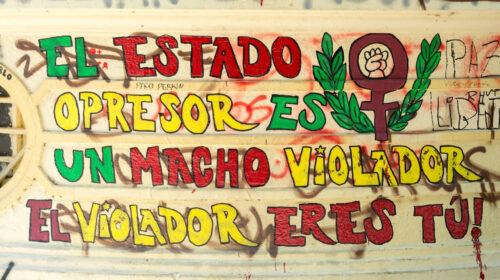
Glass Walls and Finance Capital
Alicia Girón’s open-access book Economía de la vida offers a comparative perspective on the ways that financialized capitalism has shaped the care economy.

Global Perspectives on Care and COVID
A new collection of essays looks back on a global crisis that became a care catastrophe.

Beyond Privilege: Narrating Diverse Stories of Caring Masculinities
New research on “caring masculinities” challenges traditional gender norms by examining men’s relationality, vulnerability, and nurturing qualities.

Little Kids vs. Big Business
Current U.S. Congressional efforts to expand the Child Tax Credit offer telling insights into the partisan divide.
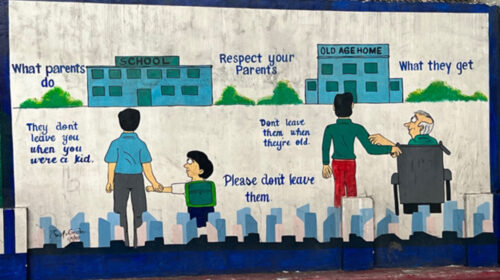
Beyond Abandonment: Queer Aging and Community Care
To be queer and to be old––such permutation seems to be impossible given the realities of life especially for queer people. This dissertation chapter in progress examines queer aging in the Global South by asking how care looks like for a population who is both underserviced by the state and falls out of the bounds of the heteronormative family structure––two institutions that have been seen as the sources of care for older people.
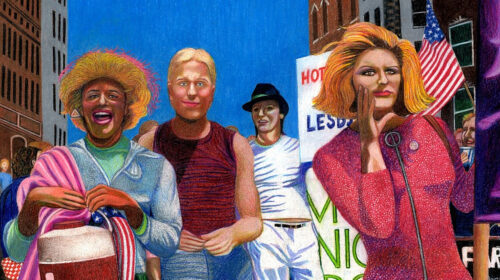
HIV Care and “Subject Activism” in the Ruins of Neoliberal Islam
In Turkey, HIV has never been considered a domestic issue but a peril that only concerns Eastern European sex workers and Western queers, both perceived to be sexual deviants, hence, always-already ill. However the number of HIV diagnoses in Turkey has increased by 620% since 2007
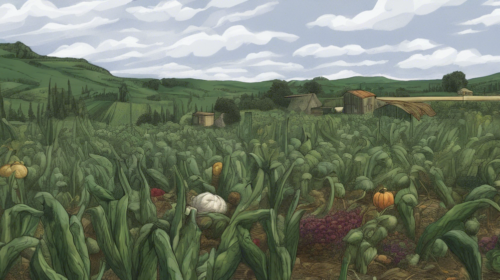
Growing vegetables, making homes
Homes are made in more ways than one. They are made as entanglements of agencies that are both material and discursive: a bed, somewhere to cook, maybe some family members, hopefully a place where you might feel comfortable. Indeed, the phrase ‘to be at home’ refers to a sense of ease, or belonging. Homes are […]

Race, Foster Care, and Queer Kinship
Although foster parents’ racialized, gendered, and classed depictions of carework won them political success, they have had lasting ramifications for American families who are not white, not affluent, or not cisgender. In 2024, what little protections American families have are eroding rapidly.

Taxing the Stork
New empirical research reveals why European family support policies, while far more generous than those of the U.S., are not as “pro-parent” as they claim to be